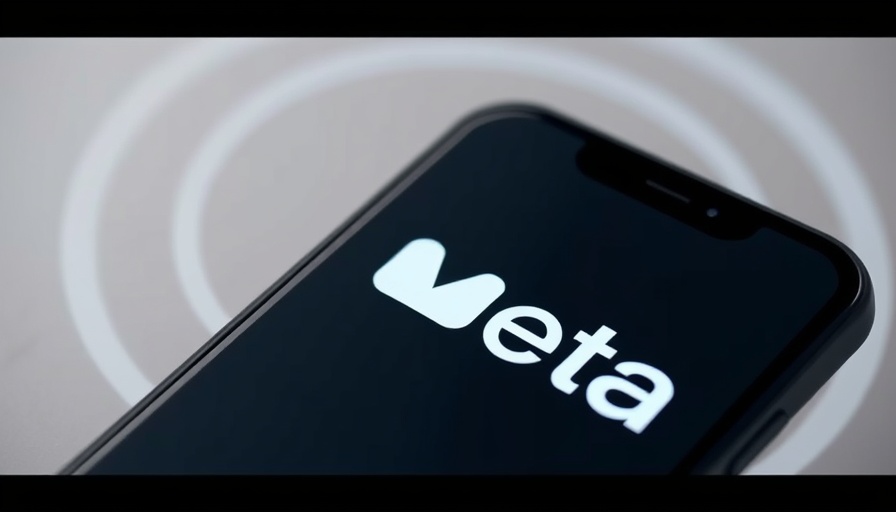
Sam Altman's Ambitious Leap into Digital Identity
On a remarkable evening near the Golden Gate Bridge, a crowd of about 1,000 gathered to witness the launch of Sam Altman’s innovative venture, World, described as a "human-first identity and financial network." This venture, operated by Tools for Humanity, aims to tackle one of the most pressing issues of our digital age: establishing reliable identities in an era where artificial intelligence and online impersonation run rampant.
The Challenges of Online Identity Verification
The Internet, once celebrated for its anonymity and freedom of expression, now grapples with an unsettling reality: discerning genuine human interactions from those orchestrated by bots or AI. Altman's vision is to provide a solution by offering users a means to prove their humanity through innovative technology—an initiative that aims to safeguard real human interactions.
But how reliable can a system be when it hinges on biometric data, such as iris scans? Certainly, this raises questions about personalization, privacy, and security. Could trust be maintained in a world where identity can be digitized and potentially exploited? Altman’s approach raises a modern paradox: the very tools that foster connection might also facilitate deception.
Partnerships with Major Financial Institutions
This endeavor has quickly garnered the support of major financial players like Visa, Stripe, and Match Group. These partnerships are instrumental in fostering trust and scalability for World, which combines a financial network with a cryptocurrency called Worldcoin (WLD). The backing from such powerful entities represents a vote of confidence, not only in the technology's potential to disrupt the current digital identity landscape but also in its promise of secured transactions.
Yet, one cannot ignore the duality of Altman’s ventures—his role as the architect of OpenAI and its generative tools, which have simultaneously contributed to the chaos of misinformation online. This juxtaposition of building tools to address online deception while being partly responsible for fueling that very ambiguity brings into question the ethics surrounding technological innovation.
Aiming for a 'Everything App'
The vision for World extends beyond mere verification; it aspires to create a multi-functional ecosystem similar to China’s WeChat. By encompassing various apps within a single platform, World aims to centralize identity management, financial transactions, and social interactions into one seamless experience. However, this raises concerns about data privacy and the potential monopolization of personal information.
As World prepares to roll out its services, one can wonder how users will balance the convenience of having all their digital identification and financial interactions in one place against the risks of centralized data control.
Looking Ahead: The Future of Digital Identity
The success and acceptance of World will ultimately hinge on public perceptions of its safety and utility. As with any new technology, users will need strong assurances that their identities and personal data are secured against breaches and misuse. Public trust will be paramount as the venture evolves, especially given the advanced technology used to establish human identity.
Furthermore, as Altman shares his vision, we are left contemplating what the emergence of this technology means for our interaction online. Will we increasingly trade privacy for digital convenience? Or will this endeavor finally afford us a much-needed balance in an otherwise chaotic digital landscape?
Join the Conversation on Secure Digital Identities
As World strives to pave a new path in the realm of digital identity, it’s essential for users, policymakers, and technologists alike to engage in discussions about the implications of such innovations. Are we ready to embrace this new world, and what does it mean for our future interactions online? The answers may shape the identity of our digital selves for decades to come.
 Add Row
Add Row 
 Add
Add 


 Add Row
Add Row 
 Add
Add
Write A Comment